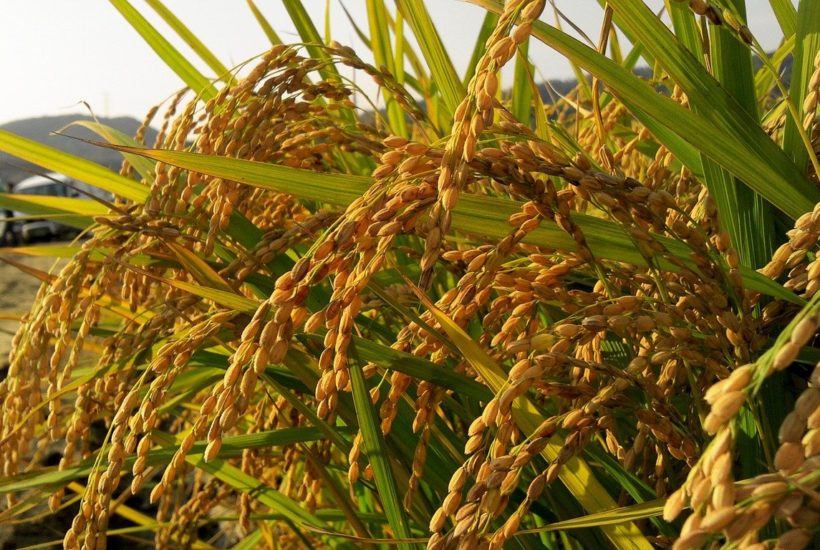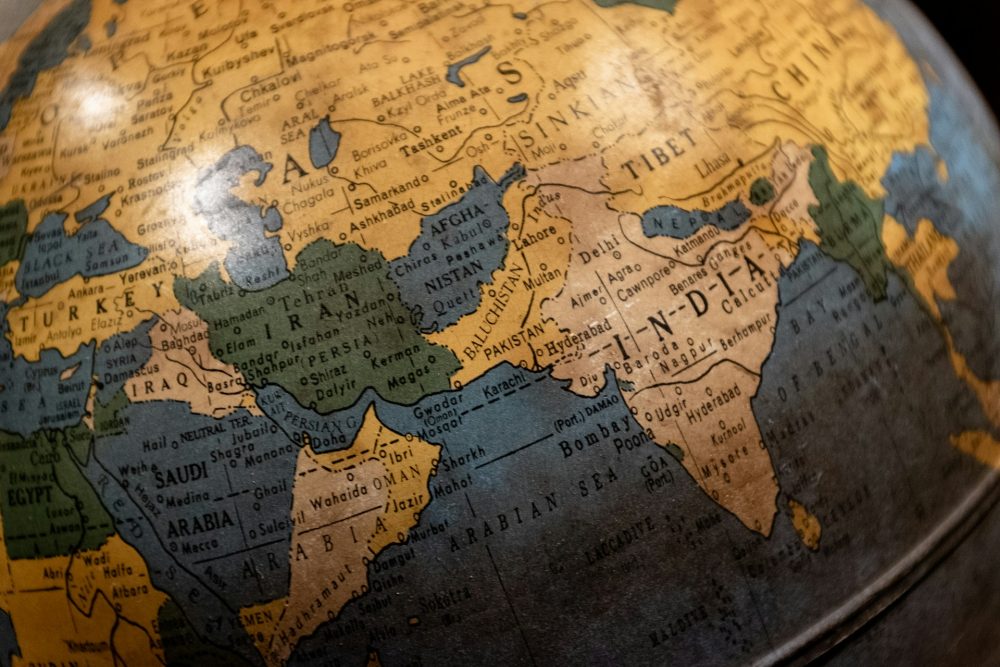Africa
U.S. rice investments in Burkina Faso to strengthen food security
U.S. has partnered with the Neema Agricole du Faso (NAFASO) company in Burkina, by awarding $1 million. As part of this partnership, NAFASO will make its own resources available to develop a number of activities. For example, the company will add 3,600 rice farmers and 60 seed producers to its existing network of experienced smallholder farmers in the target areas to increase rice production in Burkina Faso.

The USAID-funded West Africa Trade & Investment Hub (Trade Hub) is awarding $1 million to the seed company Neema Agricole du Faso (NAFASO), based in Bobo-Dioulasso, Burkina Faso. The grant and private sector partnership with NAFASO will help boost rice production in Burkina Faso, a critical effort to improve food security in the country.
The continued availability of white rice is closely linked to the food security of Burkinabè and other West African populations, who rely heavily on this staple crop. However, while white rice consumption has increased by 15 percent per year among new regular rice consumers in West Africa, local white rice production does not meet the needs of the population in the region. Factors associated with this unmet demand include the lack of mechanized rice production and the poor quality of agricultural inputs such as seeds.
These challenges result in low rice yields and significant income losses for farmers, while further exposing countries to dependence on white rice imports, which can be disrupted at any time, in times of socio-political conflict or crisis such as the COVID-19 pandemic.
Read more on the subject and find the most important economic news from around the world with our companion app Born2Invest.
Thanks to the partnership, NAFASO will help rice farmers
As part of this partnership, NAFASO will make its own resources available to develop a number of activities. For example, the company will add 3,600 rice farmers and 60 seed producers to its existing network of experienced smallholder farmers in the target areas to increase rice production in Burkina Faso.
In keeping with the Trade Hub’s goal of ensuring equitable access to agricultural opportunities, the majority of the new smallholders will be women and youth. NAFASO will provide them with agricultural inputs (such as fertilizer), land, and training in modern cultivation, storage, and conservation techniques.
NAFASO will also enter into contracts with these 3,660 farmers to ensure a steady supply of rice products. This will provide farmers with a guaranteed buyer and a stable income.
Part of the U.S. investment will be used to build a rice processing and packaging plant in Bobo-Dioulasso. Once operational, it will provide employment opportunities and new livelihoods for more than a thousand people in the rice value chain, including distributors in the region.
“One of the priorities of the Trade Hub is to help ensure food security in the region. Increasing the amount of locally produced and processed rice is essential to achieving this goal,” said Michael Clements, Trade Hub Project Manager.
A young farmer in Bama, Burkina Faso, with whom NAFASO works inspects a rice variety called Orylux 6.
Through this project, NAFASO aims to create more than 15,600 new jobs in the rice value chain. NAFASO also expects to generate at least $21 million in sales over the life of the project, including $1,861,206 in sales related to regional rice exports in West Africa, thereby contributing to food security in the region.
“The partnership with the Trade Hub aims to strengthen our economic position in Burkina Faso and other countries in the region,” explains Abdoulaye Sawadogo, Managing Director of NAFASO. “It builds on existing resources, infrastructure and capacity to enhance the quality and availability of locally produced, processed, and marketed rice. The project will also create jobs along the entire rice value chain. “
__
(Featured image by westhyhyhy0 via Pixabay)
DISCLAIMER: This article was written by a third party contributor and does not reflect the opinion of Born2Invest, its management, staff or its associates. Please review our disclaimer for more information.
This article may include forward-looking statements. These forward-looking statements generally are identified by the words “believe,” “project,” “estimate,” “become,” “plan,” “will,” and similar expressions. These forward-looking statements involve known and unknown risks as well as uncertainties, including those discussed in the following cautionary statements and elsewhere in this article and on this site. Although the Company may believe that its expectations are based on reasonable assumptions, the actual results that the Company may achieve may differ materially from any forward-looking statements, which reflect the opinions of the management of the Company only as of the date hereof. Additionally, please make sure to read these important disclosures.
First published in lefaso.net, a third-party contributor translated and adapted the article from the original. In case of discrepancy, the original will prevail.
Although we made reasonable efforts to provide accurate translations, some parts may be incorrect. Born2Invest assumes no responsibility for errors, omissions or ambiguities in the translations provided on this website. Any person or entity relying on translated content does so at their own risk. Born2Invest is not responsible for losses caused by such reliance on the accuracy or reliability of translated information. If you wish to report an error or inaccuracy in the translation, we encourage you to contact us.

-

 Fintech2 weeks ago
Fintech2 weeks agoSwissHacks 2026 to Launch Inaugural Swiss FinTech Week in Zurich
-

 Cannabis6 days ago
Cannabis6 days agoColombia Moves to Finalize Medicinal Cannabis Regulations by March
-

 Crowdfunding2 weeks ago
Crowdfunding2 weeks agoReal Estate Crowdfunding in Mexico: High Returns, Heavy Regulation, and Tax Inequality
-

 Markets24 hours ago
Markets24 hours agoMiddle East Escalation Sparks Market Uncertainty as Oil and Gold Poised to Rise












